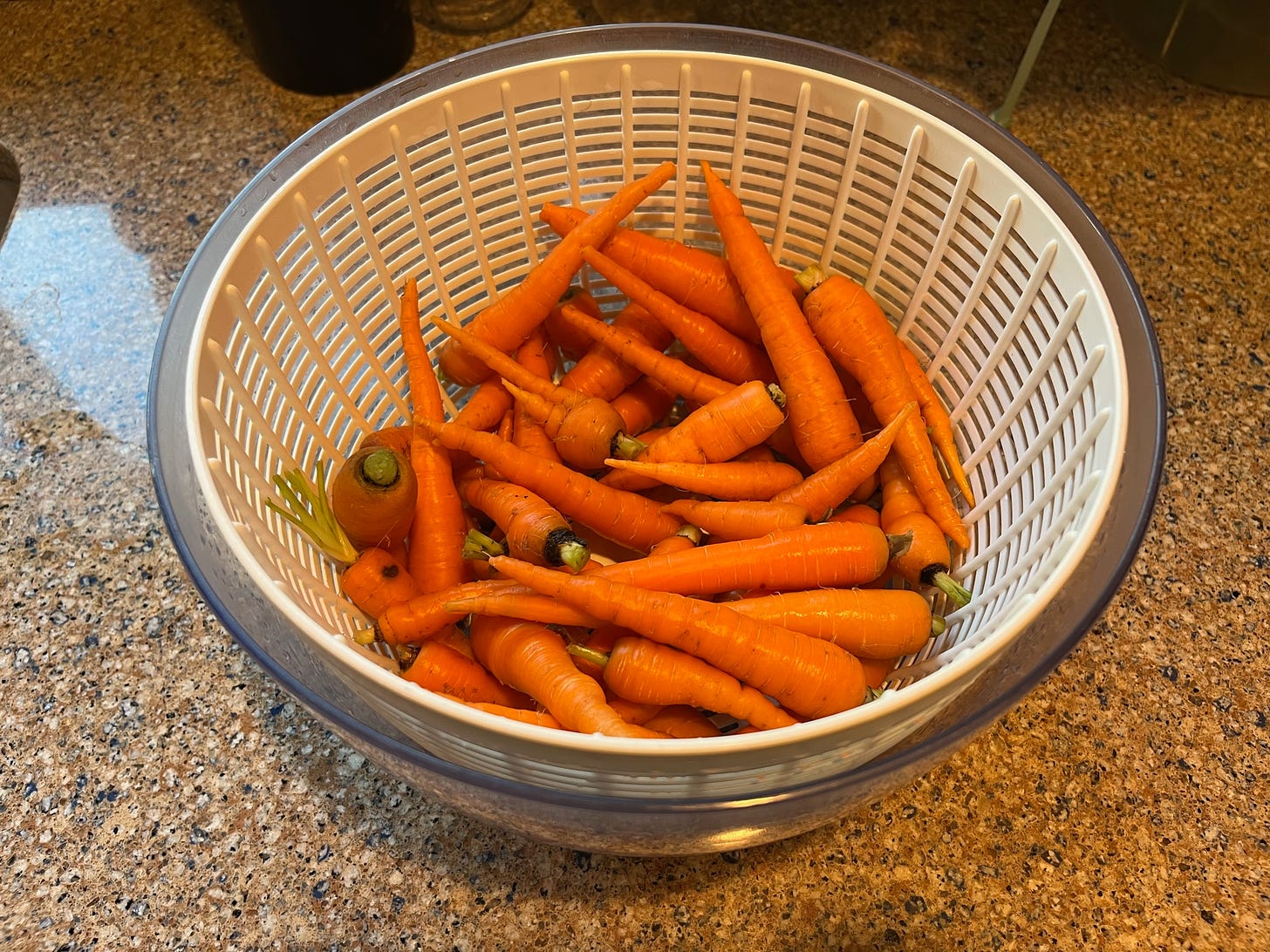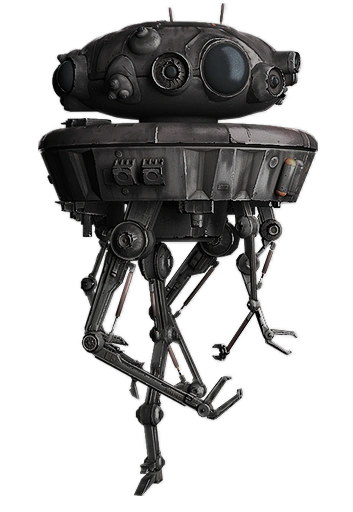For too long, we have believed that the divine is outside us. This belief has strained our longing disastrously. This makes us lonely, since it is human longing that makes us holy. The most beautiful thing about us is our longing; this longing is spiritual and has great depth and wisdom. If you focus your longing on a faraway divinity, you put an unfair strain on your longing. Thus it often happens that the longing reaches out toward the distant divine, but because it overstrains itself, it bends back to become cynicism, emptiness, or negativity… If we believe that the body is in the soul and the soul is divine ground, then the presence of the divine is completely here, close with us.
– John O’Donohue, Anam Cara: A Book of Celtic Wisdom
I’ve been carrying this quote in my heart for several days now. I know many of us have grown up with the idea of God as “large and in charge,” and I get it. When I look around at the mess we’ve made of things, I too yearn for rescue from some far distant place, unsullied by [gestures at everything].
But what if the Source of the miracles we yearn for is next to us, around us, inside of us?
How would I live if that were true?
Or how might I give my heart to that idea, whether it’s true or not?
As I continue to explore the wisdom of the Celts, and a [Christian] spirituality that connects with nature and our own created-ness, I realize how easy it is to morph those open-ended questions into something I must do. Chalk that up to temperament (Enneagram One, the “improver”), tradition (we Protestants are big on spiritual practices, or let’s call them by their more robust name: disciplines), and culture (late-stage capitalism, in which everything becomes a hustle toward productivity, even faith stuff).
For the past year I’ve been playing around with container gardening on my back deck, while I stalk the waiting list for a Reston community garden plot. I’m new enough at this that I still see my goal as growing knowledge first and plants a distant second. Lots of trial and error, followed by “what’s going on?” emails to master gardener friends. The kale did nothing last fall, then sprang up enthusiastically for several weeks during the spring, and now that the heat of summer is waning, the shoots are back despite my not having watered those pots for weeks. The spinach did fine; the garlic I planted rotted in the pots; the basil bolted before I could make a single batch of pesto. Fat fragrant tomato vines studded with green fruits are currently coiled around other stalks that are brown and curled. It’s all quite confounding and mysterious.
Still, I have a nice crop of carrots, with more to come:

A few days ago I was harvesting them, each one a little surprise. I know they’re too crowded in their containers, which I realized is a metaphor for my life: a bumper crop of wacky shapes and mismatched sizes. If I spaced things out more sensibly, maybe I’d have more perfect specimens. The platonic essence of carrot. But that’s just not in the cards for me or my vegetables at this stage of my life. I mean look how fun this is! Doesn’t it look like an imperial probe droid?


As I pulled an especially fat carrot from the soil, I blurted out, “Well this is magical.” At that moment, some movement caught my eye, and I saw a tiny spider on a web next to the container I was harvesting. She had darted down to dispatch with a bug that had blundered into the corner of her web. Lickety-split, she was done and returned to center. And in that moment, we were one—two creatures, tending to our next meal.
And right there is what John O’Donoghue is talking about: “the presence of the divine is completely here, close with us.” I don’t have to do a dang thing except attune. To notice the holy at work in the ordinary: the lowly isopods, turning our scraps into compost; the hummingbirds gobbling at the feeder. At the height of summer, the nectar grows moldy in the warm sun before they can drink it all. Now it’s cool enough, and the birds hungry enough as migration season approaches, that they’ve almost sucked the feeder dry. It’s never before occurred to me to use a hummingbird feeder as a calendar, but paying careful attention makes it possible.
Now, lest you imagine all this noticing and attuning with the curated perfection of an Instagram post: this morning I decided to make some granola while listening to Katherine May’s latest book Enchantment. What could be better? I had just settled into the task, and as the narrator intoned about oranges as hierophanies (manifestations of the sacred), I spilled an entire container of oats onto the counter and floor. Okay then.
Anyway, I’d love to know what you’re tending this week. It need not be glamorous. It can be misshapen or creepy-crawly or ruby-throated, or a mess requiring a literal or figurative broom and dustpan. Whatever it is, it’s your life, which makes it precious.
MaryAnn McKibben Dana is a writer, speaker, and ministry coach living in the Virginia suburbs of DC. She is author of Hope: A User’s Manual (2022), God, Improv, and the Art of Living (2018), and Sabbath in the Suburbs (2012). She currently serves as Associate Pastor at Trinity Presbyterian Church in Herndon, VA. This post was originally posted on her substack, The Blue Room.